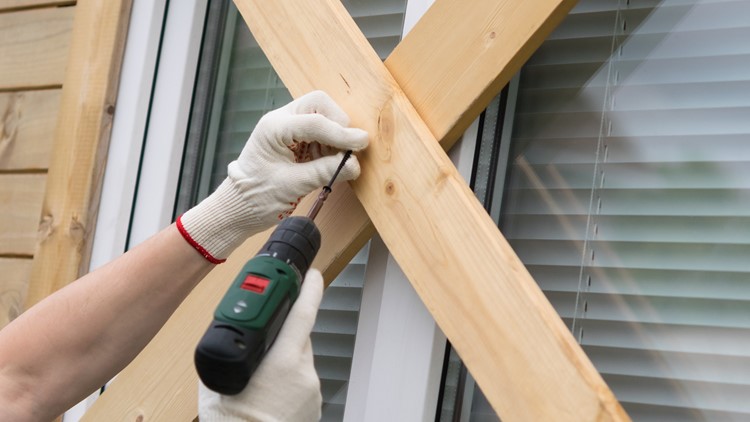COLUMBIA, S.C. — According to the South Carolina Emergency Management Division, there are many things one can do to prepare for a hurricane.
South Carolina has six coastal counties bordering the Atlantic Ocean. Dense populations in the coastal areas and low coastal elevation increase the state's vulnerability to tropical storms and hurricanes.
According to SCEMD, the greatest threat to life and property with these storms is storm surge. High winds, tornadoes, and inland flooding also usually accompany these storms.
To minimize the loss of life or property, SCEMD has tips to help prepare for these tropical events.
Their website reminds people that if a hurricane occurs, "emergency responders may not be able to immediately reach you. You should be prepared to be self-sustaining for at least three days."
Their tips outline what to do before, during and after a hurricane.
Before a Hurricane
According to SCEMD, you should have a hurricane plan and make sure everyone in the household knows the plan. You should also know an evacuation route, and have an emergency kit with at least three days' worth of water.
Other tips include making arrangements for pets, taking steps to protect your home and fuel up your vehicles.
SCEMD also advises that if a hurricane is likely in your area, you should keep up to date with TV and radio information, secure your home, and ensure you have clean water.
According to their guide, you should evacuate if you are directed by authorities, live on the coast, live in a mobile home or temporary structure, or feel in danger.
For more preparation tips, click here.
During a Hurricane
According to SCEMD, if you are unable to evacuate, you should stay indoors and away from windows and glass doors.
If you are able, you should take refuge in a small interior room, closet, or hallway, and stay alert.
For more on what to do during a hurricane, click here.
After a Hurricane
According to SCEMD, if you evacuated because of a hurricane, you should wait until an area is declared safe before reentering.
You avoid driving in flooded areas, using candles and open flames indoors, and drinking or preparing food with tap water until local officials have declared it safe to drink.
For more on what to do after a hurricane, click here.
Additional resources include the SC Hurricane Guide, the National Hurricane Center, and the NOAA Weather Radio.
To read SCEMD's full list of tips, click here.
You can keep up with the latest on the storm online with WLTX, and by downloading the WLTX app.



